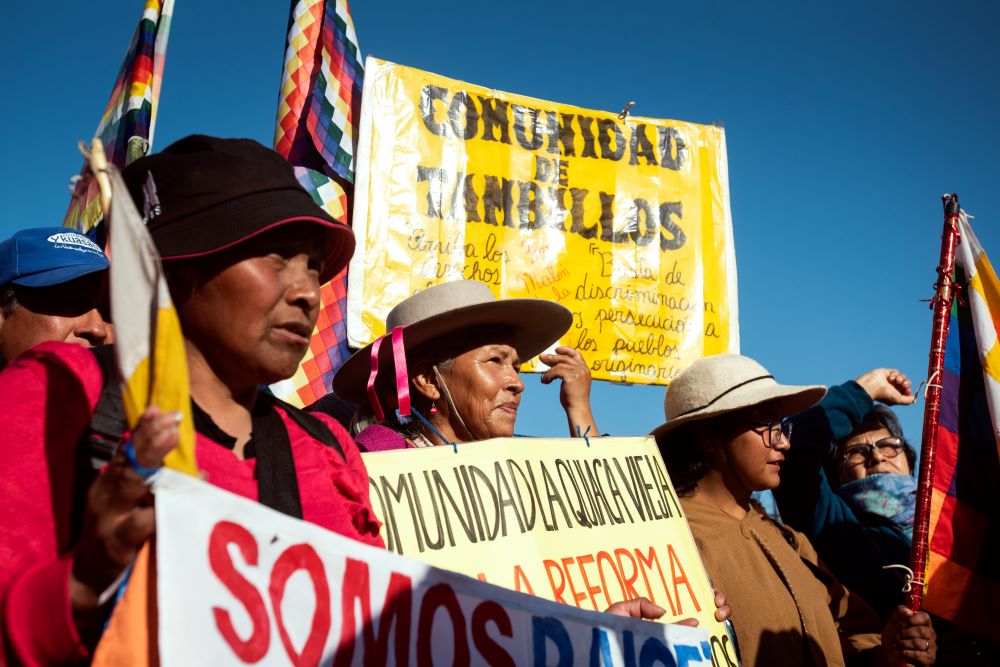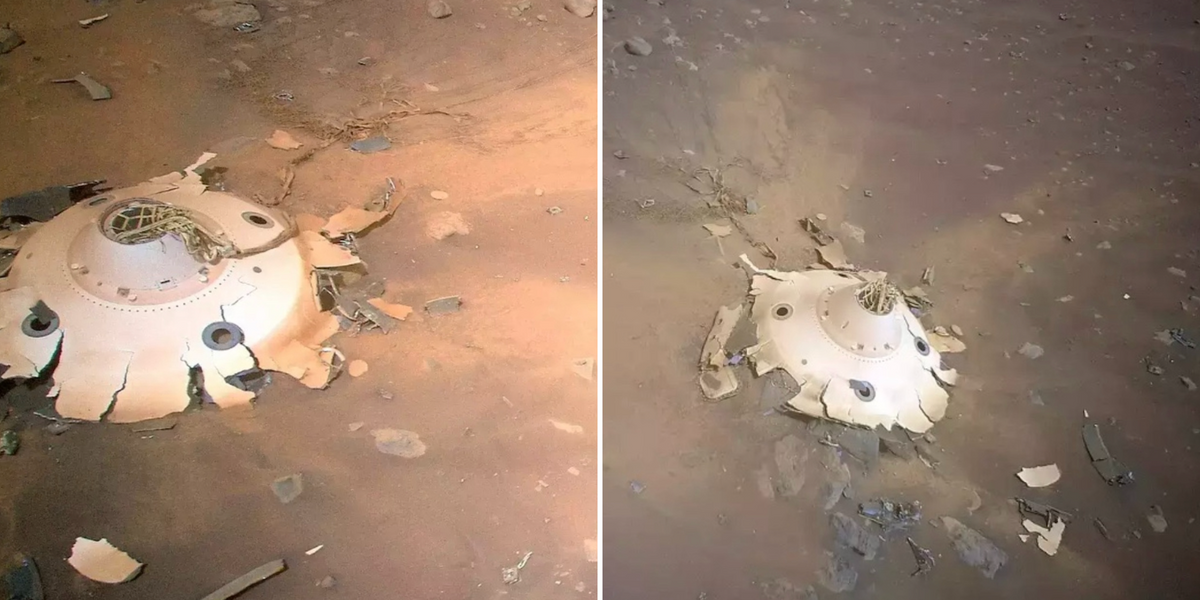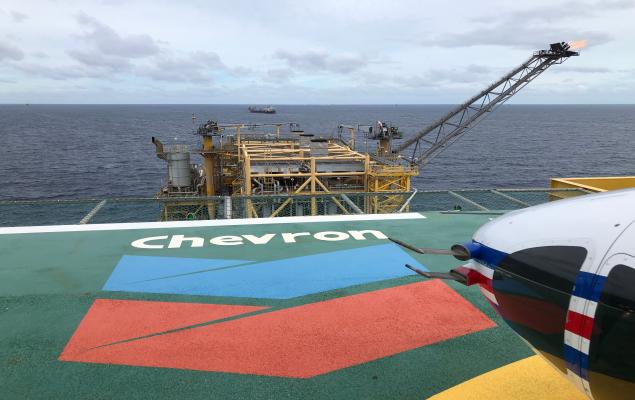UN Must Set New Course for "Critical" Minerals: A Call for Responsible Mining

A high-level UN panel is drafting principles for sustainable mineral extraction to be presented at the General Assembly in September. But can it overcome the challenges of balancing economic growth with environmental and social justice?
The global shift towards renewable energy, aimed at curbing climate-changing emissions, has exposed the unequal burden of mineral extraction on local communities and ecosystems. While electromobility and renewable technologies hold promise for mitigating climate change, their large-scale adoption would necessitate a significant increase in mining of minerals like lithium, crucial for their development.
The World Bank estimates that 3 billion tonnes of minerals will be required over the next three decades to power the global energy transition. The International Energy Agency predicts a fourfold increase in mineral extraction by 2040 to meet climate targets. This surge in demand for "critical" minerals, however, risks exacerbating the very crises it seeks to solve, by intensifying ecological damage and perpetuating socio-economic injustices in the Global South.
The very label of "critical" creates a false sense of urgency, reinforcing the current destructive extraction model and neglecting the protection of communities, ecosystems, and species in exploited regions. While mainstream approaches focus on technological solutions, a deeper analysis reveals that without addressing the broader implications of mineral extraction, the pursuit of a greener future might only deepen existing environmental and human rights violations.
The UN Secretary-General's Panel on Critical Energy Transition Minerals, formed in April, aims to establish shared and voluntary principles to help developing countries benefit from equitable and sustainable management of these minerals. The Panel brings together unlikely partners, including China and the US, and must find common ground to propose principles and recommendations for governments, companies, investors, and the international community. These should address human rights, environmental protection, justice and equity in value chains, benefit-sharing, responsible investments, transparency, and international collaboration.
The Panel must raise its ambition and engage directly with civil society organisations and rights holders, including local communities, to ensure their voices are heard. However, three key considerations must guide the Panel's work:
Firstly, the Panel must resist the assertion that mining always contributes to economic growth and national prosperity. This status quo perspective perpetuates the notion of unlimited natural resources for human consumption, echoing the promises of economic development from the early 20th century that contributed to the current climate crisis.
The Panel must consider alternative perspectives, such as degrowth or setting limits on mining activities to reduce material and energy consumption. It should also explore other forms of traditional and local knowledge that offer possibilities for alternative development models.
Secondly, the Panel should acknowledge the irreversible nature of certain mining impacts on ecosystems, despite claims that assessments and evaluations can preserve ecosystem integrity. This optimistic view, that technological advancements can resolve all mining issues, is both inaccurate and unrealistic. Moreover, it undermines the precautionary principle, advocating for protective action against potential harm even without scientific proof.
Thirdly, the dominant narrative often views transition minerals as being found in "empty" places devoid of life, where only extractable resources are considered. This ignores both the biodiversity and traditional communities that inhabit these areas.
More than half of the minerals required for the energy transition are found in or near Indigenous territories, which are already experiencing the consequences of the climate and ecological crisis, such as extreme aridity, permanent water shortages, and limited water availability.
These impacts may be exacerbated by mining project pressures and mineral extractive activities. It is crucial to ensure respect for the right of Indigenous peoples to self-determination; to obtain their free, prior and informed consent (FPIC) before projects are initiated; to conduct human rights and environmental due diligence; and to guarantee not only remediation of impacts but also the ability of local people to maintain their own cultural, social, economic, and political ways.
Current plans for transition mineral extraction are limited to the scale of the mining concession in question, failing to account for cumulative impacts from other operations in the same area and neglecting the socio-economic activities already taking place in these ecosystems.
Instead, it is essential to ensure the bio-capacity of ecosystems to maintain their life-supporting functions and the diversity of uses by communities in territories, not just industrial ones. Decisions on mineral extraction should not solely be based on market demand, but also on the biophysical limits of ecosystems and the balance of water systems.
The UN Panel has been established at a critical time when we can apply lessons learned from the historical impacts of mining worldwide. This requires the Panel to elevate its ambition by developing and advancing binding guidelines and mechanisms.
Meeting this week in Nairobi, the Panel is working to set the rules of the game, defining principles and recommendations that will be formally presented in September at the UN General Assembly. This presents a unique opportunity to oversee substantive changes to the global energy system, one that we cannot afford to miss.





